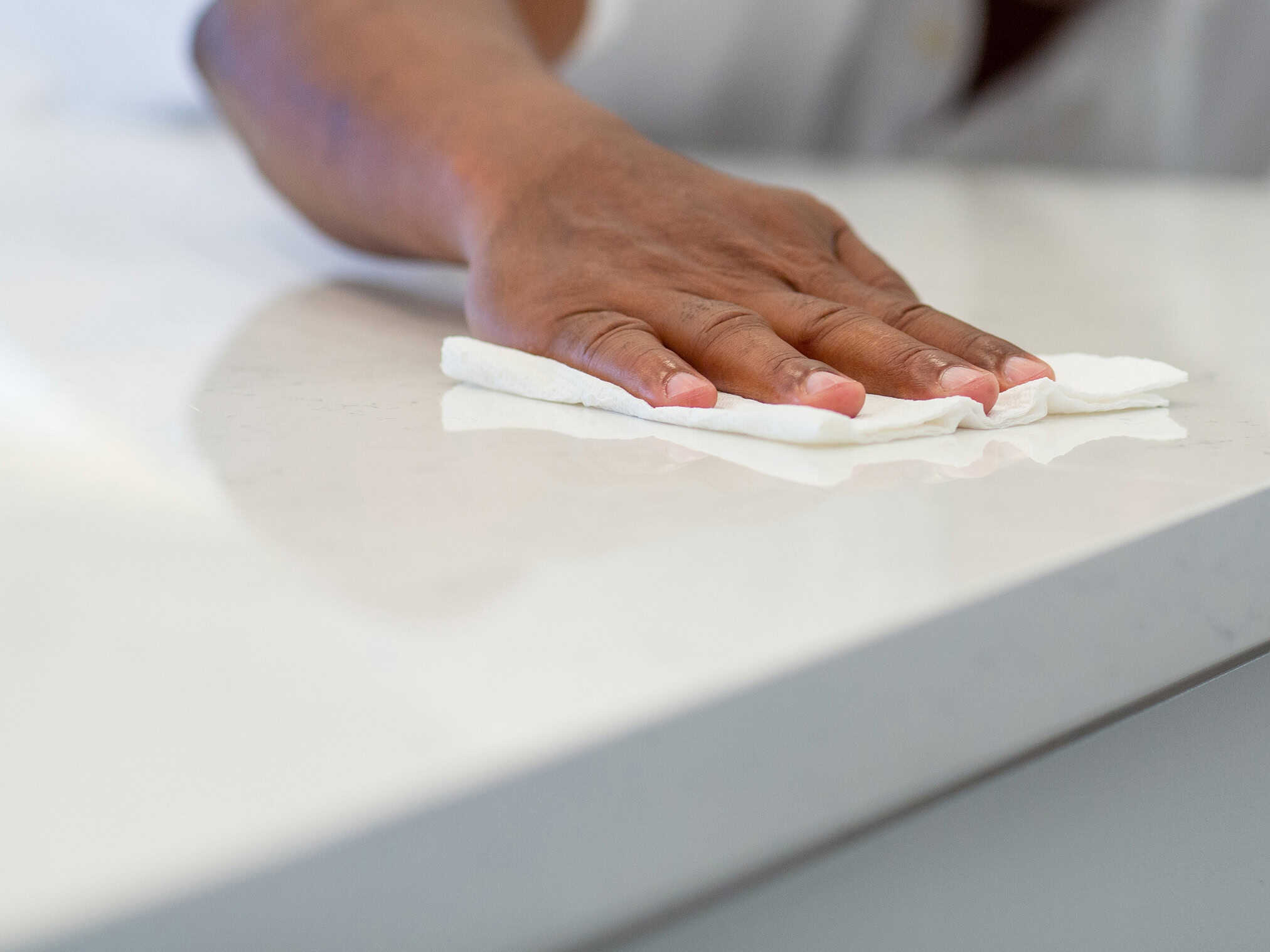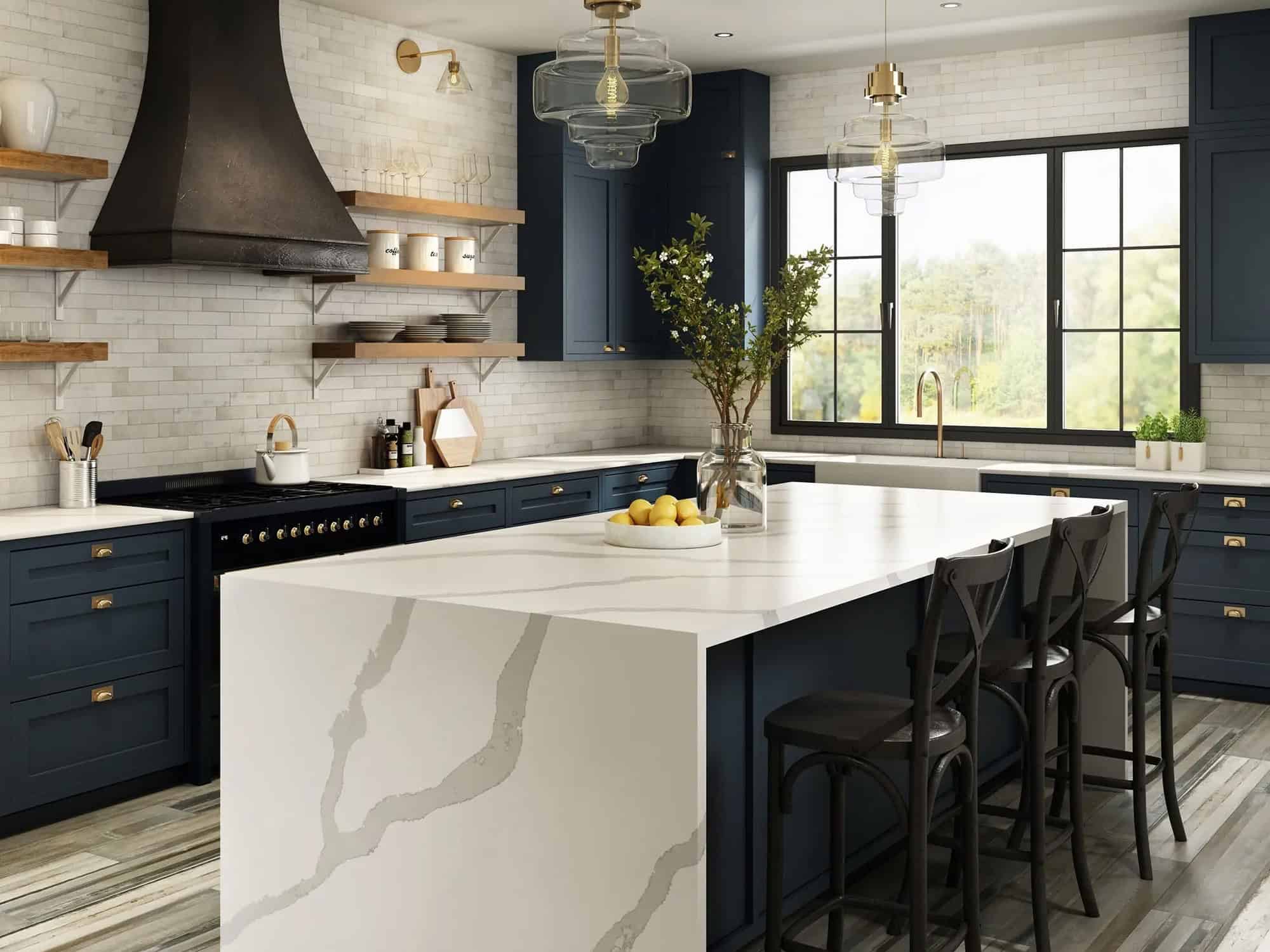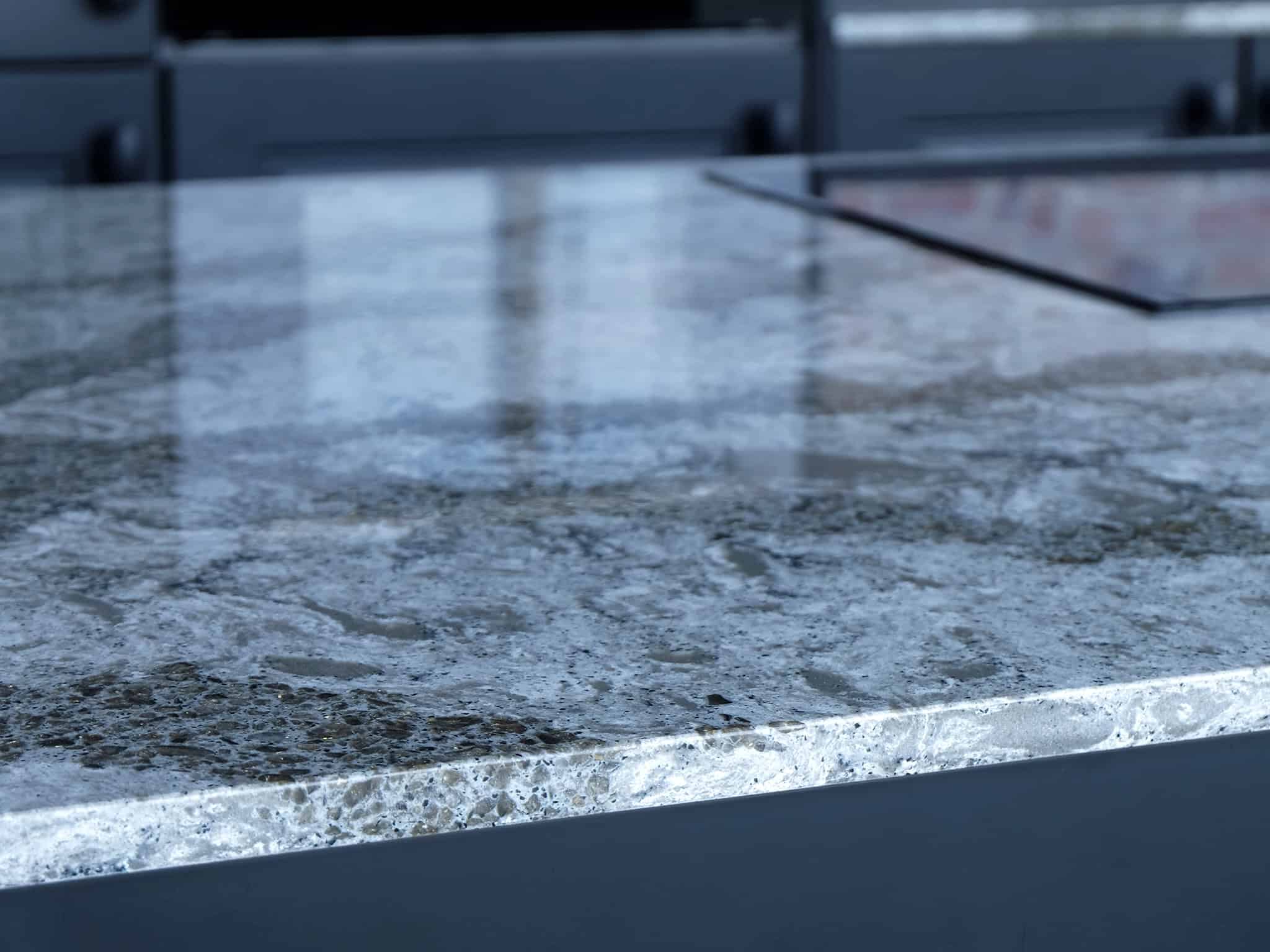Quartz countertops are a popular choice for kitchens and bathrooms because of their beauty, durability, and low maintenance. Quartz Countertops NJ has a variety of engineered quartz stone countertops that are non-porous, which means they resist staining and don’t require sealing like natural stone. However, proper care is still essential to keep them looking their best for years to come.
Best Ways to Clean Quartz Countertops
Daily cleaning is simple. Use a soft cloth or sponge with warm water and a few drops of mild dish soap. Wipe down the surface, rinse with clean water, and dry with a microfiber cloth to avoid streaks. For a deeper clean, you can use a non-abrasive glass or multi-surface cleaner. Spray it on the countertop and wipe it down with a soft cloth.
For disinfecting or removing greasy spots, mix equal parts water and isopropyl alcohol (70%) in a spray bottle. Let it sit for a minute and wipe clean. If you encounter dried residue like gum or food, gently scrape it off with a plastic scraper or putty knife—never use metal tools. Avoid abrasive pads, but a soft baking soda paste can help with sticky or persistent spots if used gently and followed by a rinse.


Common Mistakes to Avoid with Quartz Countertops
Even though engineered quartz is highly durable, certain mistakes can lead to damage over time. Here are some common issues to watch out for:
-
Using harsh chemicals like bleach, oven cleaners, or strong acids and alkalis. These can break down the resin binders and dull the surface.
-
Placing hot pots, pans, or small appliances directly on the countertop. Engineered quartz is heat-resistant, but not heat-proof. Always use a trivet or hot pad.
-
Cutting directly on the surface. This can dull knives and scratch the countertop. Use a cutting board instead.
-
Letting ink, nail polish remover, or paint come into contact with the surface. These substances can cause staining or damage.
-
Dragging heavy or rough-bottomed items across the surface, which can cause scratches or dull areas.
-
Standing or sitting on the countertop. While sturdy, engineered quartz can crack or chip under concentrated weight, especially near edges.
General Care Advice for Engineered Quartz Stone Countertops
To keep your countertops in top condition, clean up spills quickly—especially substances like wine, coffee, oils, or tomato sauce that can stain if left too long. In bathrooms, place a tray or coaster under items like perfumes, mouthwash, or nail products to prevent surface damage.
Always use heat protection such as trivets under hot pots and appliances, and avoid prolonged exposure to direct sunlight, which can cause discoloration over time. Engineered quartz is intended for indoor use unless specifically formulated for outdoor conditions.
Avoid abrasive cleaners or scrubbers, and stick to gentle, non-acidic cleaning solutions. You don’t need to seal engineered quartz, but regular cleaning with the right products will maintain its polished finish and prevent wear over time.

Conclusion
Engineered quartz countertops offer a sleek, durable, and low-maintenance surface for kitchens and bathrooms. By cleaning regularly with gentle products, avoiding harsh chemicals and heat, and treating the surface with care, you’ll protect your investment and keep your countertops looking beautiful for years to come. Simple, consistent care is the best way to ensure long-lasting performance and style in your space.
At Quartz Countertops NJ, we pride ourselves on offering quality products handled by expert craftsmen with decades of experience. You can have your quartz countertops fabricated and installed in as little as 48 hours. Contact us at any time or visit our Products page to learn more about the Daltile One Quartz products series and our other quartz brands. Quartz Countertops NJ proudly serves Bergen and Passaic county areas including Wayne, Ramsey, Saddle River, East Rutherford, Fair Lawn, and Paramus.